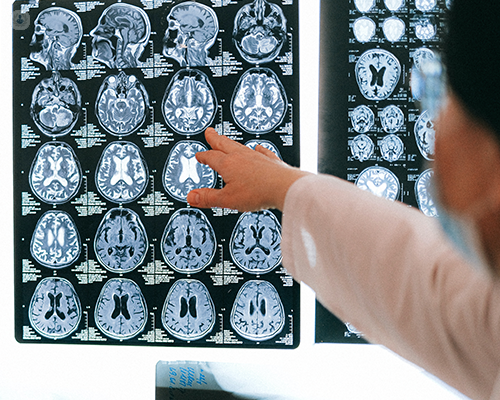New research looks deeper into periventricular white matter lesions in the aging brain, providing for the first time an explanation for the location of the lesions and their development.
The study was conducted by Stevens Institute of Technology and appeared in Scientific Reports.
“While early stages of these white matter lesions are only weakly associated with cognitive impairment, their progressive growth is a strong indicator for long-term functional decline,” the findings of the study state.
“Deep and periventricular white matter hyperintensities (dWMH/pvWMH) are bright appearing white matter tissue lesions in T2-weighted fluid attenuated inversion recovery magnetic resonance images and are frequent observations in the aging human brain.”
“We use patient imaging data to create anatomically accurate finite element models of the lateral ventricles, white and gray matter, and cerebrospinal fluid, as well as to reconstruct their WMH volume,” the findings also state.
Researchers found that the ventricular wall reaches a moment in which it is stretched thin as a result of ependymal cells experiencing a loading state.
“These results warrant further analysis of white matter pathology in the periventricular zone that includes a mechanics-driven deterioration model for the ventricular wall,” researchers concluded.


